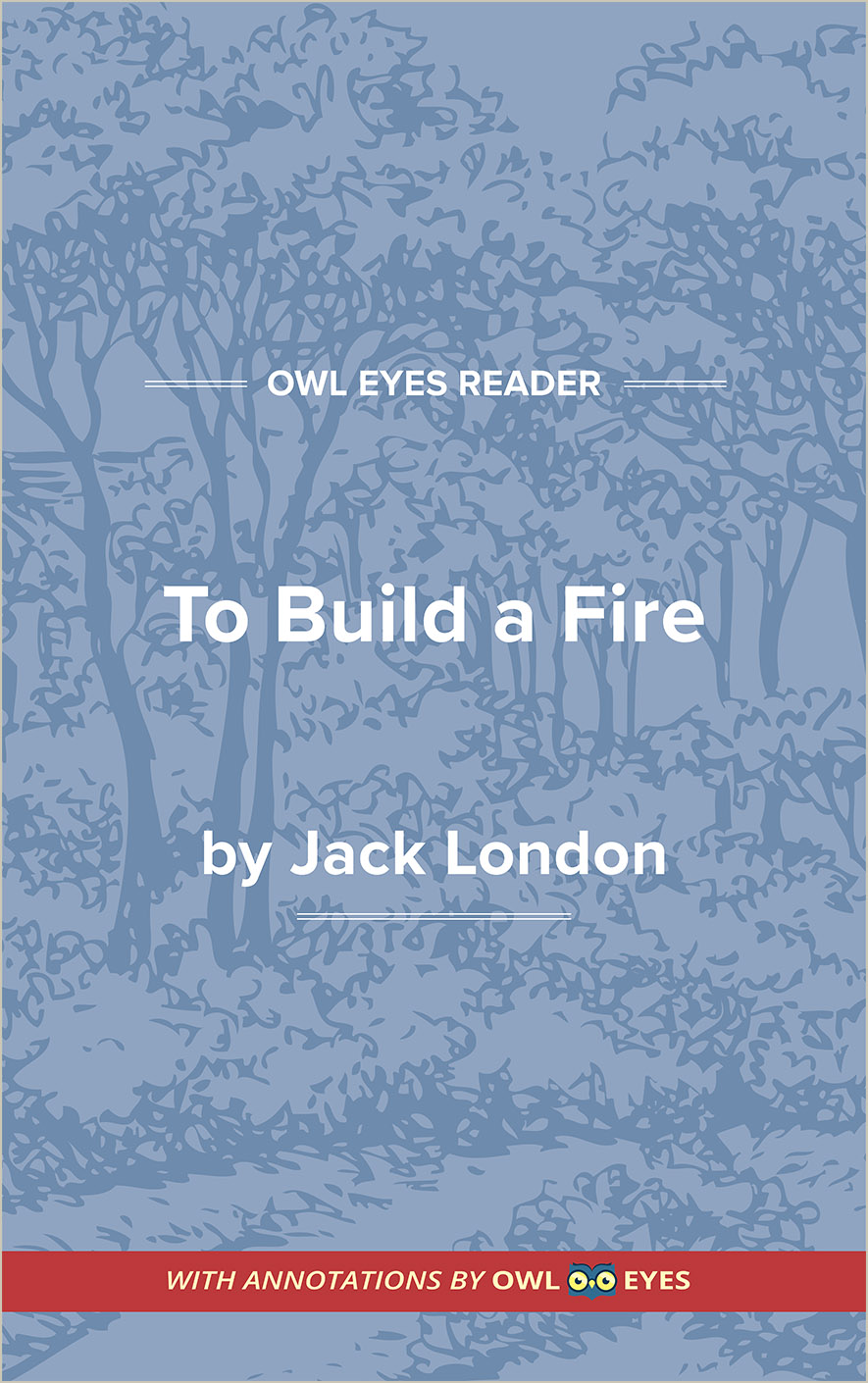Analysis Pages
Character Analysis in To Build a Fire
The Man: Naive and unimaginative, the man is the main character of "To Build a Fire." Though he is an intelligent person, he is too reliant on his erroneous judgment and fails to adequately imagine the perils he faces in the Yukon. He consistently underestimates the dangers of his environment despite the advice of the old-timer and the signals of his dog. Ultimately, he dies, having succumbed to the uncaring, frozen landscape, unable to adapt his mode of thinking enough to survive.
The Dog: Like many dogs near the Yukon, this story’s dog is a husky, bred to endure the harsh climate through physical adaptations. He serves as both a foil and a warning system to the man, showing reluctance to make the journey and care in his steps across the ice. He ultimately survives by following his instincts, which sense both natural pitfalls and the danger of the man’s desire to kill him in order to keep warm. Because the dog is adapted to the environment, he survives while the man dies.
The Old-Timer: Although the old-timer doesn’t actually appear in scene, his words return to the man with each new danger he encounters, advising him of the correct way to handle nature’s hazards. The old-timer is an example of someone who has adapted to his environment, showing that experience—or the willingness to listen to accomplished colleagues—is required to survive. It is the man’s resistance to taking the old-timer’s advice that irreversibly dooms him.
Character Analysis Examples in To Build a Fire:
To Build a Fire
🔒"Any man who was a man could travel alone. But it was surprising, the rapidity with which his cheeks and nose were freezing...." See in text (To Build a Fire)
"Also, the man was chewing tobacco, and the muzzle of ice held his lips so rigidly that he was unable to clear his chin when he expelled the juice. The result was that a crystal beard of the colour and solidity of amber was increasing its length on his chin. If he fell down it would shatter itself, like glass, into brittle fragments...." See in text (To Build a Fire)
"But the brute had its instinct. It experienced a vague but menacing apprehension that subdued it and made it slink along at the man's heels,..." See in text (To Build a Fire)
"He was quick and alert in the things of life, but only in the things, and not in their significances...." See in text (To Build a Fire)
"like a startled horse..." See in text (To Build a Fire)

